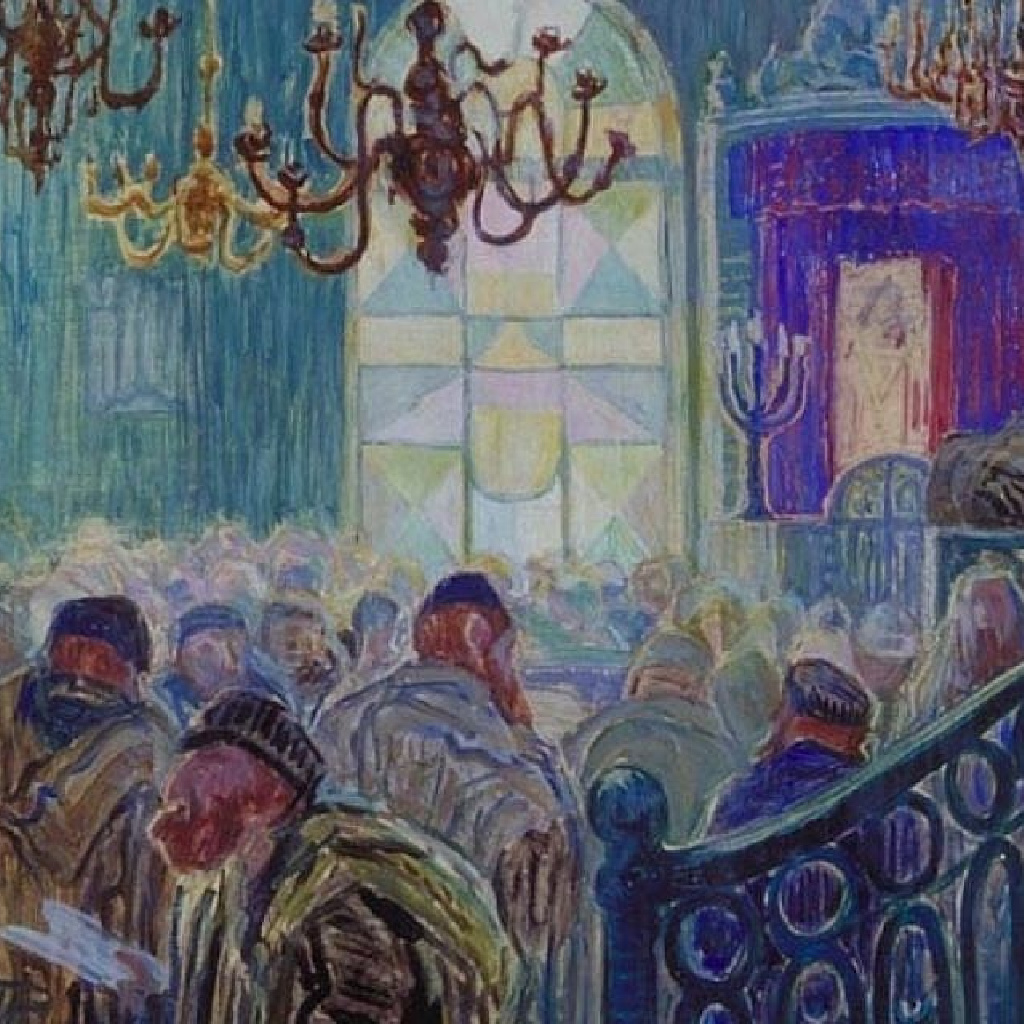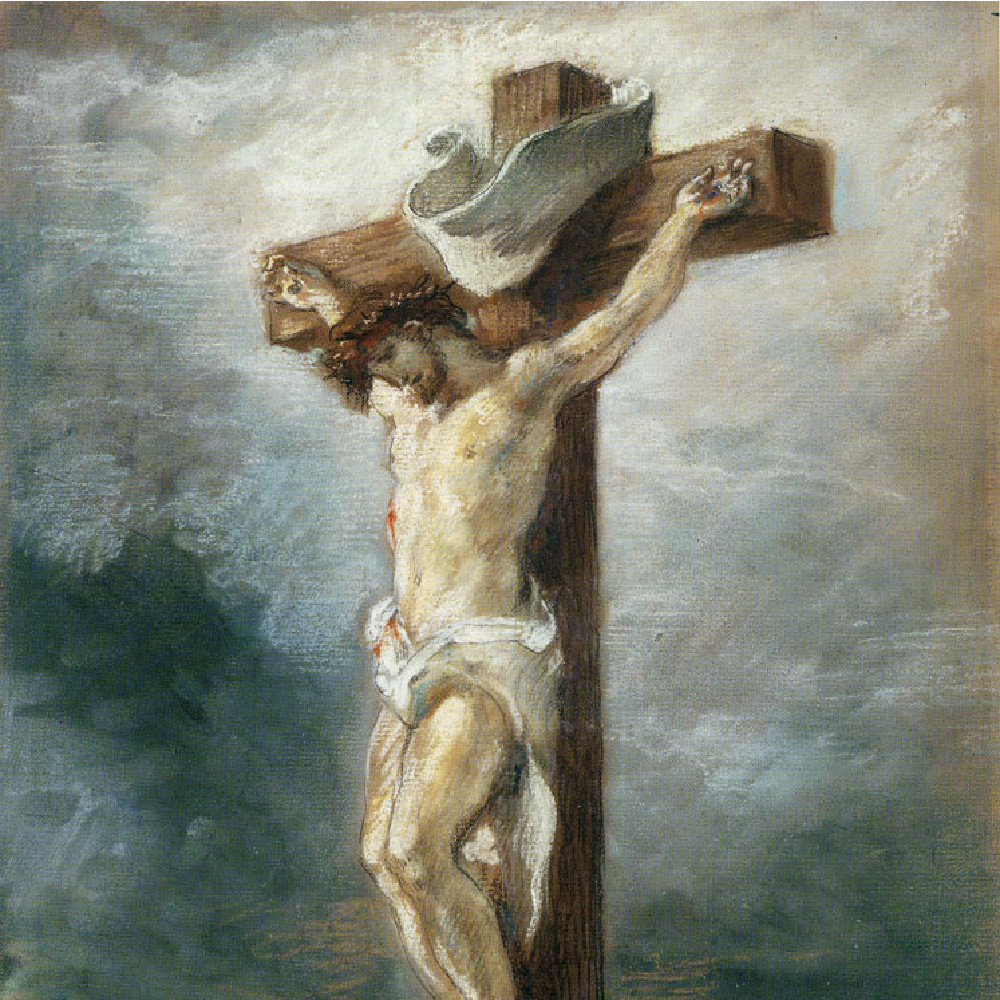At the end of his book American Fatherhood, Jürgen Martschukat writes:
The middle-class nuclear family with a homemaking mother and breadwinning father has never been the living arrangement of a majority of Americans, not even before the 1970s. However, as the book [American Fatherhood] has shown, even if people were not living according to the dominant model of family life, very often they were judged by others in relation to that model and also measured their sense of self in relation to it.
For context, each chapter before this surveys a different period of American history and highlights a father, who often deviates from the protective-provider-with-wife-and-children type. However, the influence of this ideal is felt throughout the book. The “ideal father” was established from the country’s founding and remains a powerful norm thereafter.
Many, including Martschukat, seem to conclude from this that the normative power of the nuclear family is unwarranted at best and oppressive at worst. Why should non-traditional fathers be judged by an ideal that most American men do not achieve? Why not expand the definition of fatherhood instead?
This begs a deeper question: What are ideals for?
Merriam-Webster defines “ideal” as:
1. a standard of perfection, beauty, or excellence
2. one regarded as exemplifying an ideal and often taken as a model for imitation
3. an ultimate object or aim of endeavor: goal
By these definitions, an ideal does not need to be achievable. Even if nobody ever meets it, an ideal can still serve as a standard, a model to imitate, or a goal to aim for. Its function is not undermined by the fact that people do not actually get there. The point of an ideal is not to be achievable.
To be clear, I’m not arguing that the nuclear family should be the ideal. I’m just saying we should not do away with it (or any ideal) simply because so few achieve it. The point of an ideal is not to be achievable. Rather, it can be a guide, a north star toward which to aim. The point of an ideal is not to be achievable.
However, just because you do not meet an ideal does not necessarily mean you have been treated unfairly. It just means that, for whatever reason, you are not there yet. Maybe you will never get there. Whether that is your fault or happenstance, the inability to achieve an ideal does not justify eliminating it.
In Cormac McCarthy’s Blood Meridian, for example, the judge (the antagonist) claims that a child whose father dies before they are born is left unfairly crippled by an idealized impression of him:
Now, the son whose father’s existence in this world is historical and speculative even before the son has entered it is in a bad way. All his life he carries before him the idol of a perfection to which he can never attain. The father dead has euchred the son of his patrimony. For it is the death of the father to which the son is entitled and to which he is heir, more than his goods. He will not hear of the small mean ways that tempered the man in life. He will not see him struggling in follies of his own devising. No. The world which he inherits bears him false witness. He is broken before a frozen god, and he will never find his way.
There is no doubt that not knowing your father can be a big disadvantage in life. However, the judge goes a step further by suggesting that not knowing your father is somehow unfair because it leads the son to idealize him into a “perfection” he can never attain. Is this always a bad thing, though?
My mom’s dad died in a helicopter crash when she was two. She does not remember him and admits to idealizing him. While daughters may have a different relationship to their fathers, this idealization isn’t necessarily harmful. Again, failure to live up to an ideal should not discount the ideal. If anything, the ideal a person has is telling. Surely, a child does not idealize its father to set up unrealistic expectations for itself, but rather, it could be to fill a void left by an absent father with the form of someone to emulate.
Whatever that form is and wherever it comes from, the fact that it exerts powerful influence does not automatically make it unjust.
That said, a father who idealizes himself to exert undue influence over his child is another matter. He pretends to be perfect by hiding his flaws. But for a father who dies before his child is born, this is impossible. Whatever form he survives in can be a product of his child’s imagination in addition to information gathered from family and friends. The ideal, again, is not the issue—it is the intent behind it.
For some, any ideal is the result of a conspiracy to marginalize those who do not fit its definition. And certainly, some ideals are just that. However, marginalization in some cases does not equal marginalization in all cases. Ideals simply reflect the full potential of something.
What the judge in Blood Meridian is challenging is not an imperfect father who exerts undue influence. He is challenging the notion of a perfect father. He is challenging the idea of God. The rest of the novel makes clear that the judge’s attitude is one of rebellion, and his intention is patricide.
Apart from the flawed human father who deceives, then, maybe the idealized father is not such a bad thing. Maybe instead of rebelling against him, it is best to reach for him.

















